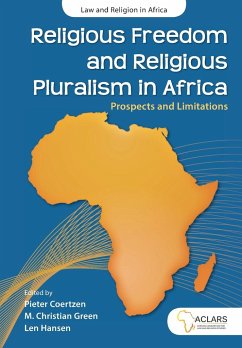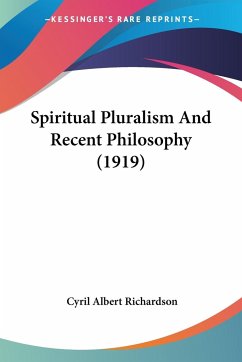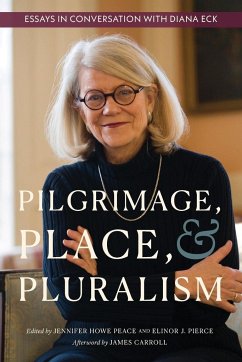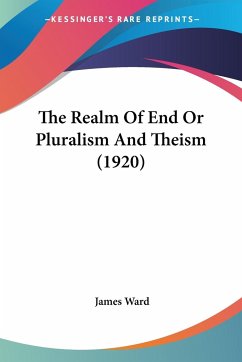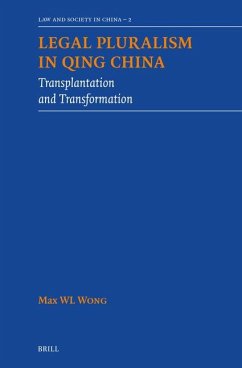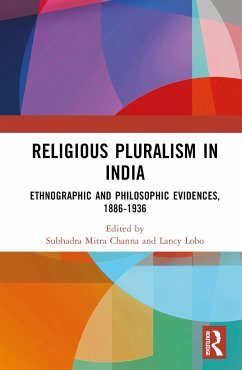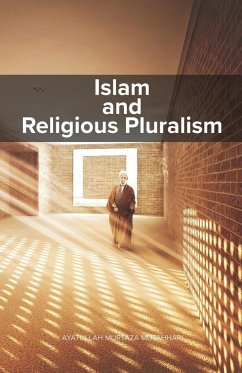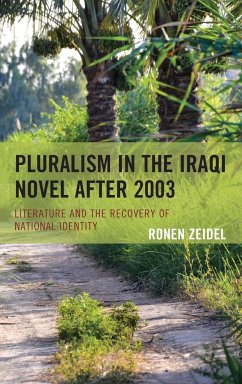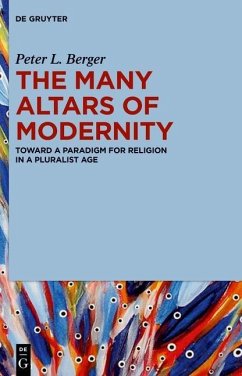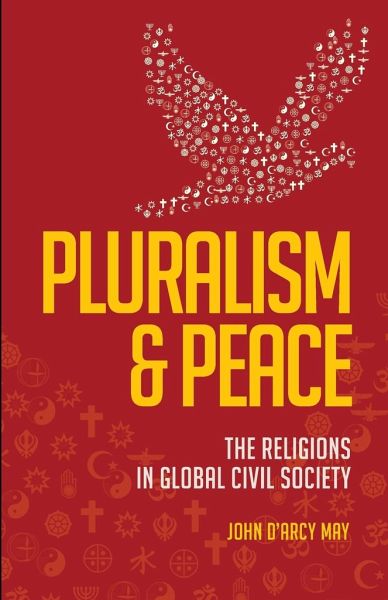
Pluralism & Peace
The Religions in Global Civil Society
Versandkostenfrei!
Versandfertig in 1-2 Wochen
26,99 €
inkl. MwSt.

PAYBACK Punkte
13 °P sammeln!
At a time when democracies are under pressure and authoritarian regimes are on the rise, the world’s religions find themselves challenged in new and unfamiliar ways, with opportunities to co-operate in new ways. Pluralism & Peace explores how the relationships of the religions among themselves interact with the emergence of the civil society that makes these relationships possible. Civil society in many Asia-Pacific countries is fragile and threatened. Yet we may be seeing a global civil society taking shape, that can circumvent the repressive measures of authoritarian governments and establ...
At a time when democracies are under pressure and authoritarian regimes are on the rise, the world’s religions find themselves challenged in new and unfamiliar ways, with opportunities to co-operate in new ways. Pluralism & Peace explores how the relationships of the religions among themselves interact with the emergence of the civil society that makes these relationships possible. Civil society in many Asia-Pacific countries is fragile and threatened. Yet we may be seeing a global civil society taking shape, that can circumvent the repressive measures of authoritarian governments and establish itself as an international forum for the expression of opinion and political involvement. This process gives reason to hope that globalisation can be ethically responsible. Pluralism & Peace argues that, far from being the fossilised remains of a distant past, religions could prove to be the non-renewable spiritual resources that make ethical globalisation possible. Before they can play this role, however, they must divest themselves of their historical baggage of mutual antagonism, violent sectarianism, fundamentalist extremism and refusal of genuine pluralism. A new type of collaborative theology will be necessary, a global theology, that will open up ways of peaceful cooperation without destroying the distinctive identities of religions and cultures. This is a difficult task, butt the task is urgent: it concerns nothing less than humankind’s continued existence on this threatened planet.





